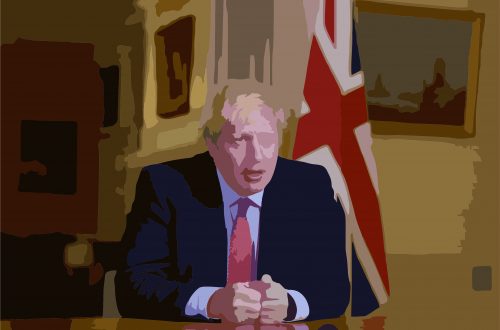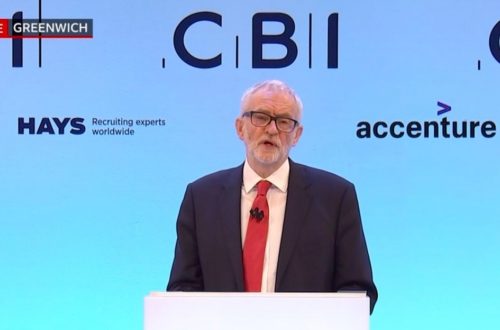Guest post from David Hirsh:
In yesterday’s Guardian there were letters signed by 262 academics setting out 3 different but overlapping arguments against boycotting Israeli academia. In Today’s Guardian there is a reply from those who are proposing the academic boycott . Also this leader in the Guardian and this story written by an Israeli, so if you’re in favour of the boycott, you are not allowed to read it.
The pro-boycott argument goes like this: Israel is, like the old South Africa an apartheid state. We know what to do with apartheid states – we boycott them. This is their only argument. They do not address any of the criticisms made in the 3 letters.
This argument is wrong on both counts. Israel is not an apartheid state. Or to be clearer, in some ways Israel is like the old South Africa and in some ways it isn’t. Its mode of rule in the West Bank and Gaza is increasingly like apartheid – where it has been building a regime of separated communities, highly privileging Jewish settlements and brutally repressing, and allowing the settlers to brutally repress, Palestinian communities.
On the other hand, Israeli Jews are a nation, while the old White South African ruling caste wasn’t. Traditional Zionism aimed to exist without Palestinian labour while the old South Africa relied on extracting an extra surplus from the black working class. There is a formal legal and democratic equality for Palestinians who live within the green line, even if this is deficient in a number of significant ways.
Apartheid proved, in the end, surprisingly for some, to be relatively fragile – and it broke. Israel, because it is a different sort of thing, is not similarly fragile. And a just settlement will be different. In South Africa, it was possible to negotiate a single democratic constitution that guaranteed democratic and civil rights to all individuals equally. In Israel/Palestine, this will not be possible, at least before the national question is addressed. The national question will be addressed by the Israel doing a deal with the Palestinians whereby Israel agrees to end the occupation and the Palestinians are allowed to set up a state of their own alongside Israel. A two (hopefully democratic and secular) states solution.
And the boycott campaign was problematic in South Africa. In South Africa, people will remember, the ANC (and the South African Communist Party) insisted on being in control of the boycott – so direct links, for example, between South African trade unions and UK unions, were deemed ‘breaking the boycott’ if they did not go through the ANC. Political links were only allowed if they were with people approved of by the ANC and the SACP. Paul Simon was denounced by the ANC for making his Graceland cd with black South African musicians because he did not apply for an ANC license first. The degree to which the sanctions campaign was actually instrumental in the end of Apartheid is highly debatable.
Those in favour of the boycott of South Africa argued that since it was called for by the ANC, the ‘sole legitimate representative of South Africa’, then we were under an obligation to support it and not to debate its merits. The Palestinian authority, the ‘sole legitimate representative’ of the Palestinians does not call for a boycott. Pro-boycotters respond to this by hoping that the PA will change its mind. They don’t respond to this by blindly accepting this piece of wisdom and leadership by the ‘oppressed’. Rightly, they use their own judgement – but this use of their own judgement is against their own principles
David Hirsh.
Email: d.hirshATgold.ac.uk


